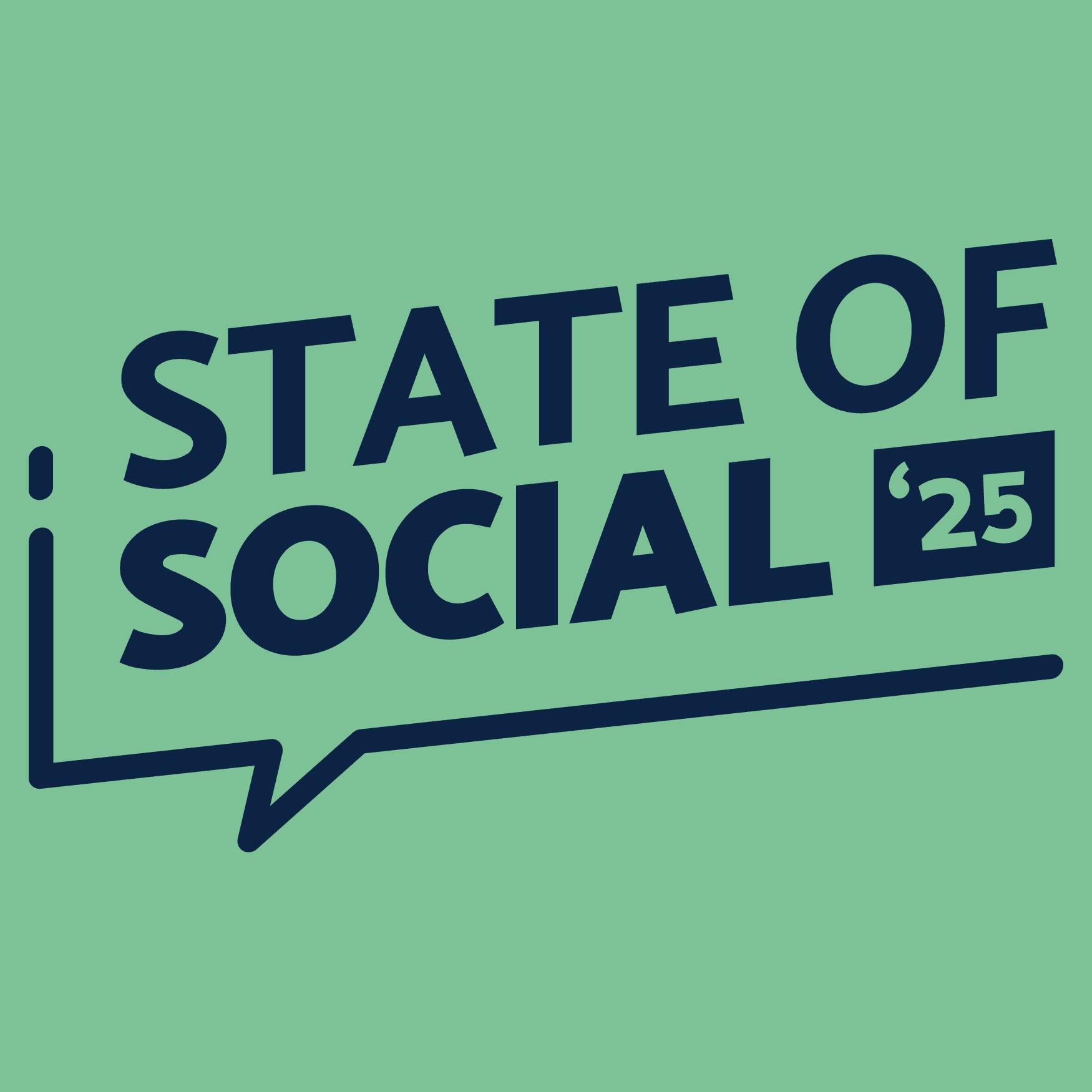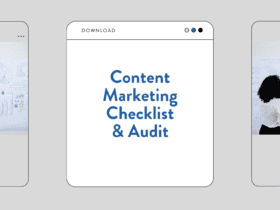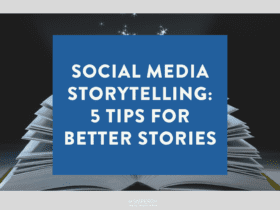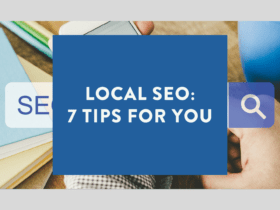Content isn’t just king because it sounds nice to say.
If you need to spend more time on SEO, you should start with content. The content you create and share is crucial to Google recognising you and people finding you online.
SEO can, at times, feel like a game of cat and mouse. And, yes, while there is a decent amount of trial and error involved in cracking the code, there are steps you can take to minimise that error. That first step: you need to make sure your content is optimised correctly for SEO.
It’s all well and good to shoot a video, make an image, or write an interesting blog post, but you need to ensure you’re always keeping SEO in mind.
So, what types of content should you be focusing on for SEO? Let’s take a look at the three most-popular forms of content to improve your SEO.
Blogs, Articles, and Web Pages
The interesting thing about copywriting is how you actually want to avoid copying as much as possible. The key to quality copywriting is originality. Now, that may sound easier than it actually is. You see, no matter what topic you decide to write about, it’s almost certain that someone else has already covered it. It’s simply the nature of the digital, content-hungry world in which we live.
So, how do you say what’s already been said in a different way? Well, the key is creativity, finding your unique voice, and doing some research. Blog writing, especially with SEO in mind, is a bit of a balancing act. From keyword research and SERP research, to the sheer number of keywords within your blog, a lot goes into writing a successful post.
Here are some things to keep in mind:
- When doing keyword research, think about the intent of your potential readers.
- Don’t be afraid to target less popular keyboards.
- What is your blog trying to say?
- Don’t overuse tags.
- What’s the purpose of your blog? Are you selling? Educating?
- What do you want readers to do when they’re finished reading?
When it comes to the length of your blogs, there’s so much contention around what is the best strategy. While some people say shorter is better, others say longer. It seems like the only thing people can agree on is that your blog posts should be at least 300 words.
It’s easy to get lost focusing on your articles and blogs, but don’t underestimate the importance of keywords on your web pages. Keyword-rich content for web pages helps Google understand exactly what your website is all about, even down to specific pages.
Images
People love images. Why? Because they’re engaging, easy to digest, simply nicer to look at than a block of pure text. And from a very basic level, images take up more screen real estate on social media platforms than copy.
When creating image, consider the following:
- Are you using the correct dimensions?
- Is your image filled with too much text?
- Does it stand out in a bad way? Standing out isn’t always a good thing. Your images should be in line with your brand’s personality, identity, and visual style.
- What’s its purpose? Do you want shares? Likes? Comments? Sales?
As much as possible, you should use images in your blogs and articles. This is important for the simple fact that it will make your blogs and articles more visually appealing. It’s also a great way to break up heavy blocks of text. When it comes to image SEO, there’s plenty to consider when choosing and using images in your blogs.
Video
We’re sure you’re already familiar with how popular video content is on social media platforms like Facebook and Instagram. But do you actually understand just how popular it is? It’s very popular.
Do you know that Google owns YouTube? Well, you should. It’s one of the main reasons videos rank so highly on search engine results pages (SERP).
And with the rise of TikTok, video is quickly becoming the most important form of content out there. Video is highly shareable, consumable, and engaging content that all brands should be looking into.
Keep these things in mind when creating videos:
- Consider length. Is what you’re producing too long/short for where you intend to post it.
- Use keyword research, and don’t forget about your captions.
- Don’t be scared to host videos on your website.
- Spend time optimising your thumbnails.
An audit lets you know if your content engages your audience, aligns with your business goals, and delivers a consistent style and voice to your followers.








LET’S CONNECT